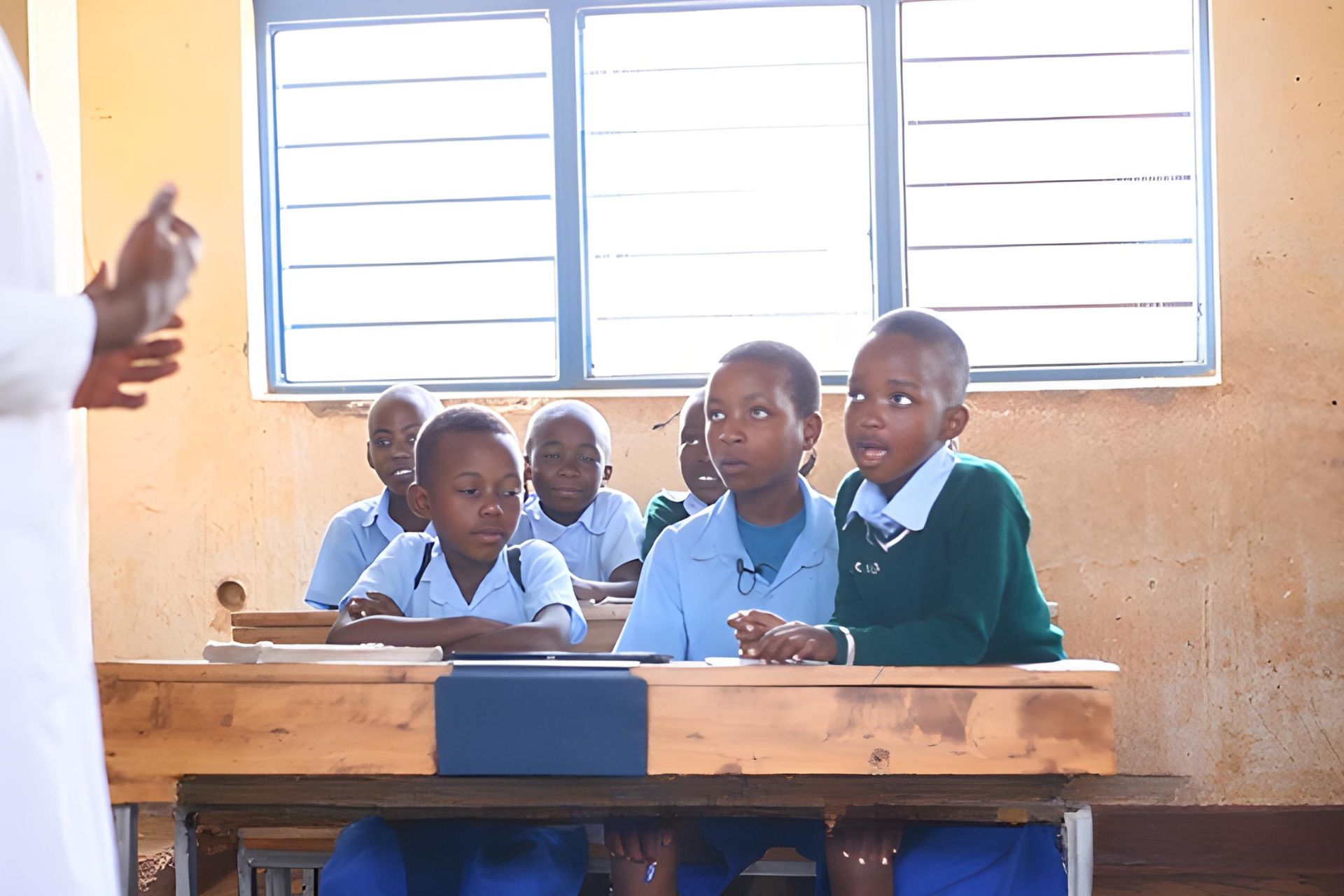Education Development Consult (EDC) has been at the forefront of initiatives aimed at enhancing children's literacy outcomes in Rwanda. One such impactful endeavor is the Unlock Literacy Project, conducted in collaboration with World Vision, which sought to assess its impact on grade 3 students' literacy levels. This evaluation not only sheds light on the project's effectiveness but also underscores the importance of targeted interventions in shaping educational outcomes for young learners.
The Unlock Literacy Project was designed to address the critical need for improved literacy skills among grade 3 students, a pivotal stage in their educational journey. EDC, in partnership with World Vision, embarked on a rigorous evaluation to gauge the project's success in enhancing children's reading performance and comprehension abilities.
Central to the evaluation were key questions aimed at uncovering the project's impact:
1. How do teacher and parental practices influence children's reading comprehension outcomes?
2. What role do reading camps' standards play in improving children's reading skills?
3. Which reading materials resonate most with children and contribute to improved reading comprehension?
4. What factors optimize children's participation in reading camps, such as book borrowing and attendance?
5. To what extent did the project's outcomes and implementation strategies respond to challenges posed by the COVID-19 pandemic?
The findings from the Unlock Literacy Project evaluation are both compelling and encouraging. The evaluation revealed a significant improvement in children's reading performance across various literacy skills, including letter recognition, decoding words, oral reading fluency, and reading comprehension. Perhaps most striking is the increase in the percentage of proficient readers, rising from 46% at the project's inception to an impressive 82% at the conclusion of the evaluation period.
Moreover, the evaluation highlighted the critical role of teachers and parents in nurturing children's reading abilities. Positive teacher and parental practices were identified as key influencers of children's reading comprehension outcomes, emphasizing the importance of collaborative efforts in supporting young learners' literacy development.
The implementation of structured reading camps, guided by specific standards, proved instrumental in creating conducive learning environments and fostering engagement among students. Additionally, the availability of tailored reading materials aligned with children's interests significantly contributed to improved reading comprehension and overall literacy levels.
Despite the challenges posed by the COVID-19 pandemic, the project demonstrated resilience and adaptability. Innovative strategies were implemented to mitigate disruptions and ensure continuity in delivering effective literacy interventions.
In conclusion, the Unlock Literacy Project evaluation conducted by EDC in partnership with World Vision underscores the transformative impact of targeted literacy interventions on children's educational outcomes. By addressing the multifaceted factors influencing literacy development and leveraging effective teaching practices, initiatives like the Unlock Literacy Project exemplify EDC's commitment to empowering children through education. Moving forward, the insights gleaned from this evaluation will inform future educational endeavors, driving sustainable improvements in literacy and fostering lifelong learning among Rwanda's youth.







